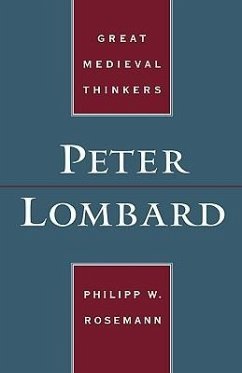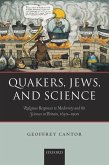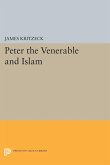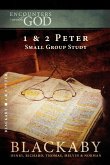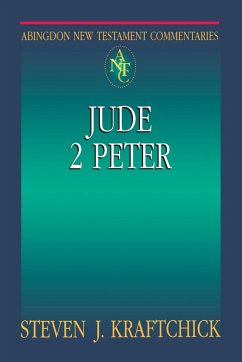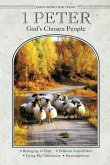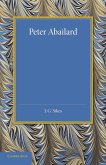Peter Lombard is best known as the author of a celebrated work entitled Book of Sentences, which for several centuries served as the standard theological textbook in the Christian West. It was the subject of more commentaries than any other work of Christian literature besides the Bible itself. The Book of Sentences is essentially a compilation of older sources, from the Scriptures and Augustine down to several of the Lombard's contemporaries, such as Hugh of Saint Victor and Peter Abelard. Its importance lies in the Lombard's organisation of the theological material, his method of presentation, and the way in which he shaped doctrine in several major areas. Despite his importance, however, there is no accessible introduction to Peter Lombard's life and thought available in any modern language. This volume fills this considerable gap. Philipp W. Rosemann begins by demonstrating how the Book of Sentences grew out of a long tradition of Christian reflection-a tradition, ultimately rooted in Scripture, which by the twelfth century had become ready to transform itself into a theological system. Turning to the Sentences , Rosemann then offers a brief exposition of the Lombard's life and work. He proceeds to a book-by-book examination and interpretation of its main topics, including the nature and attributes of God, the Trinity, creation, angelology, human nature and the Fall, original sin, Christology, ethics, and the sacraments. He concludes by exploring how the Sentences helped shape the further development of the Christian tradition, from the twelfth century through the time of Martin Luther.
Hinweis: Dieser Artikel kann nur an eine deutsche Lieferadresse ausgeliefert werden.
Hinweis: Dieser Artikel kann nur an eine deutsche Lieferadresse ausgeliefert werden.

